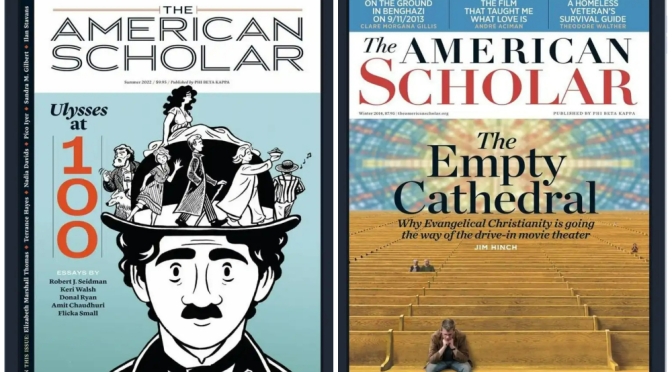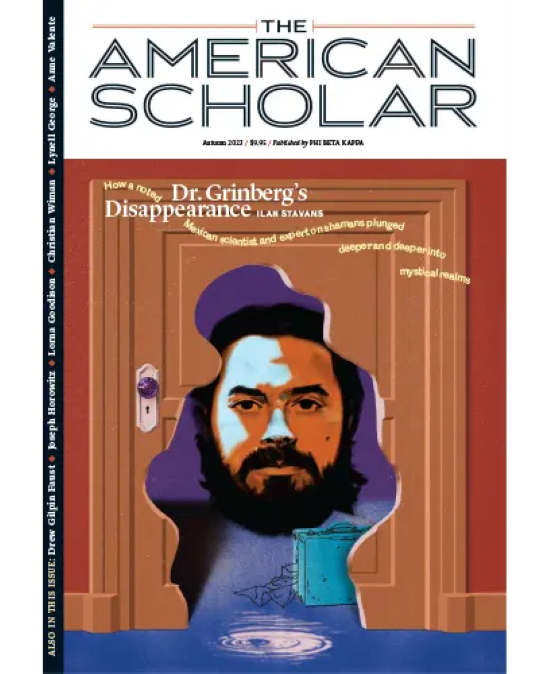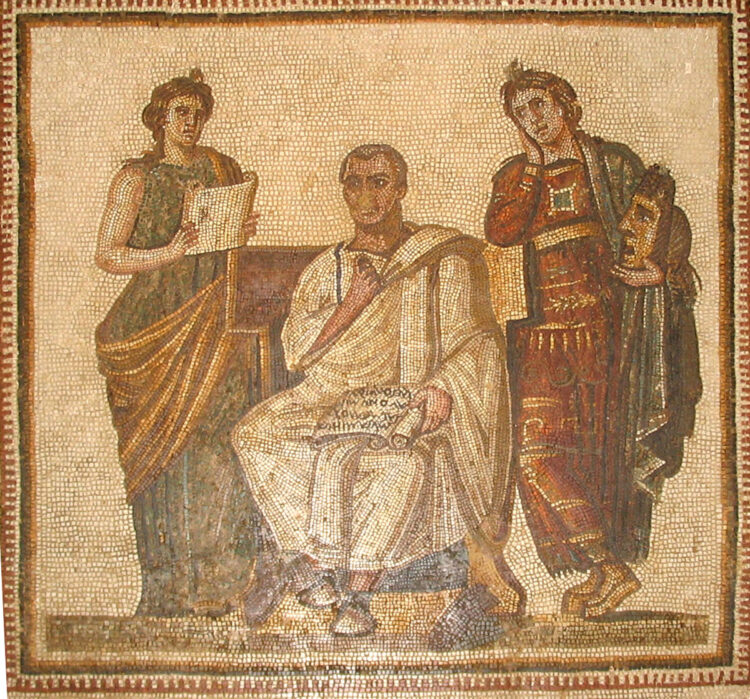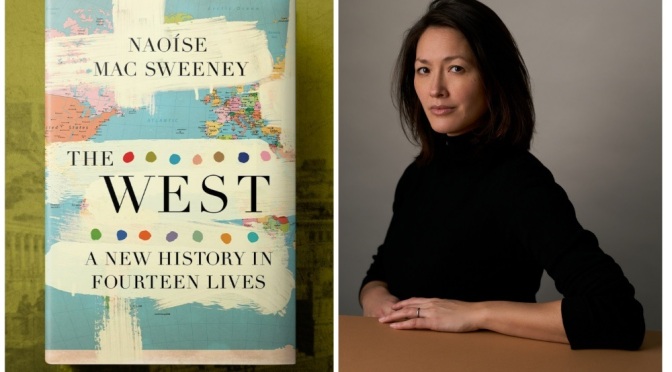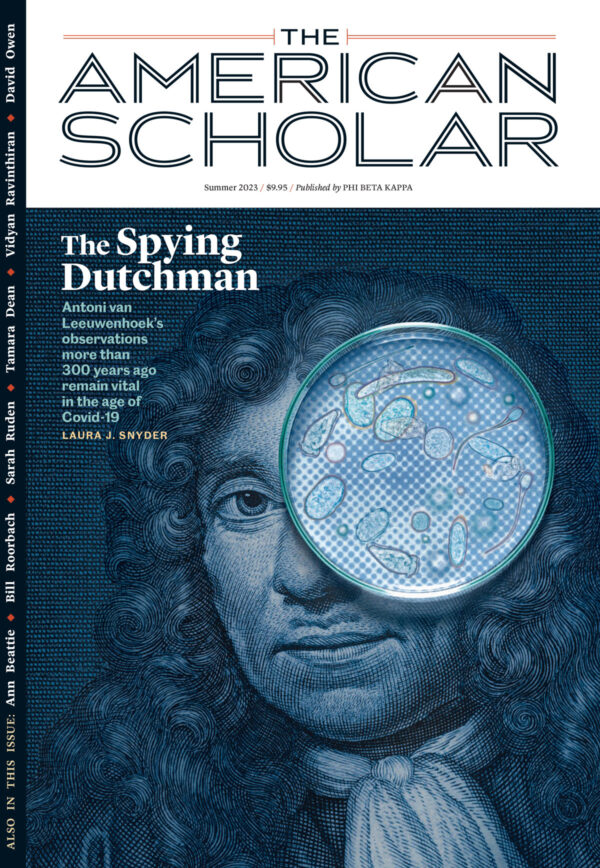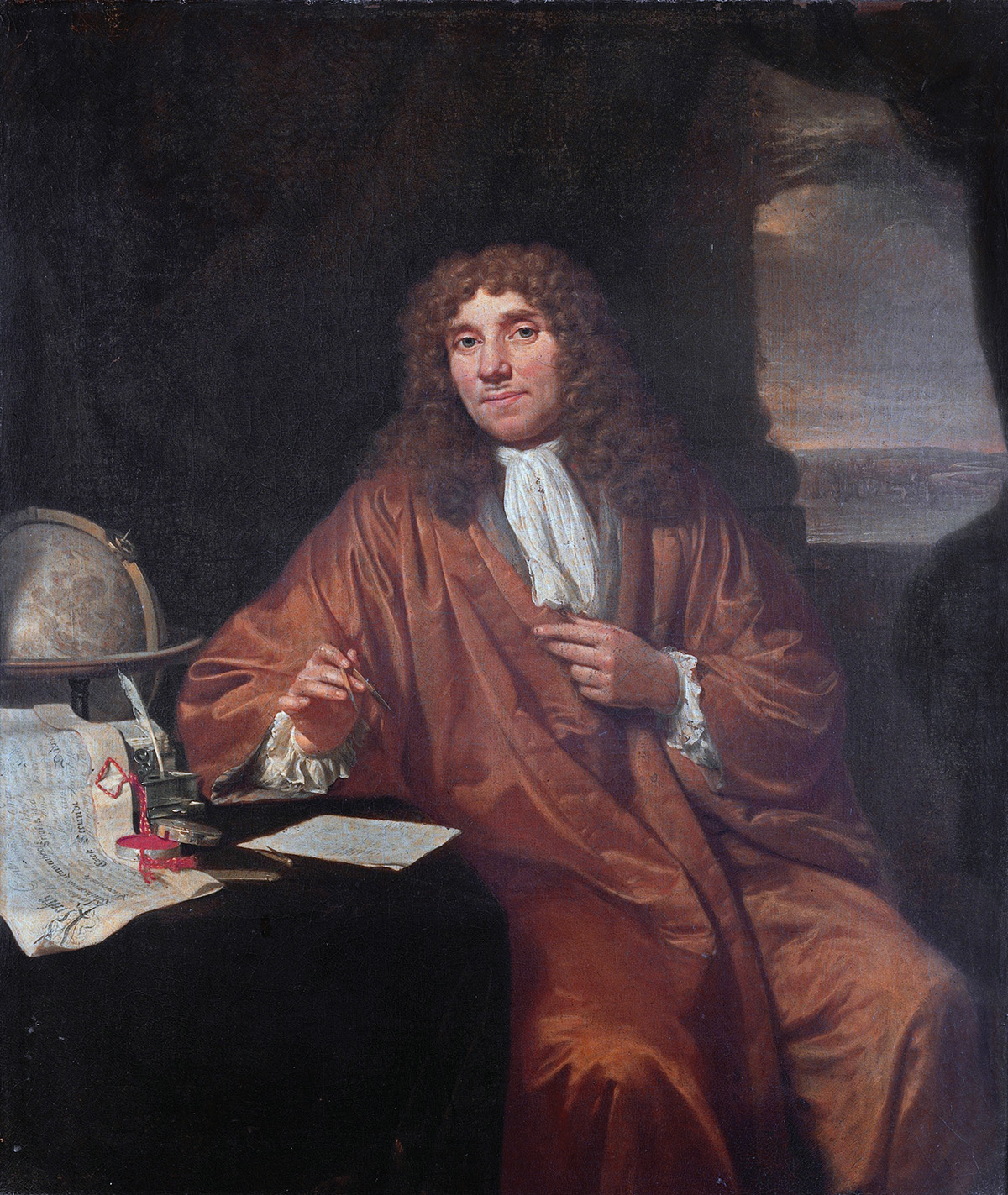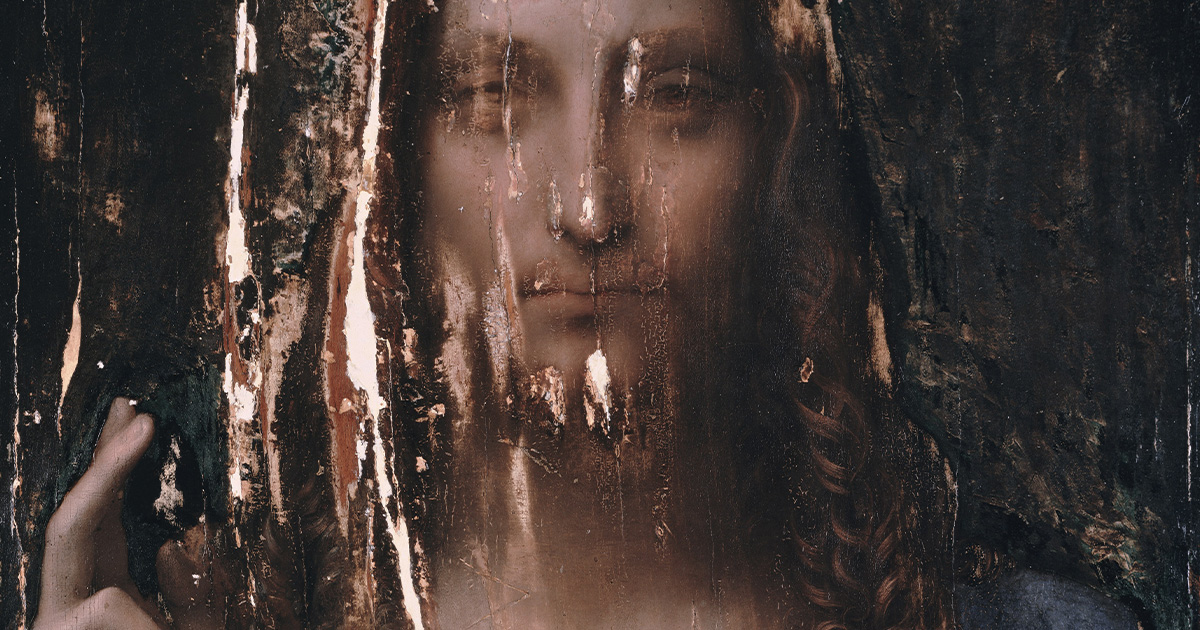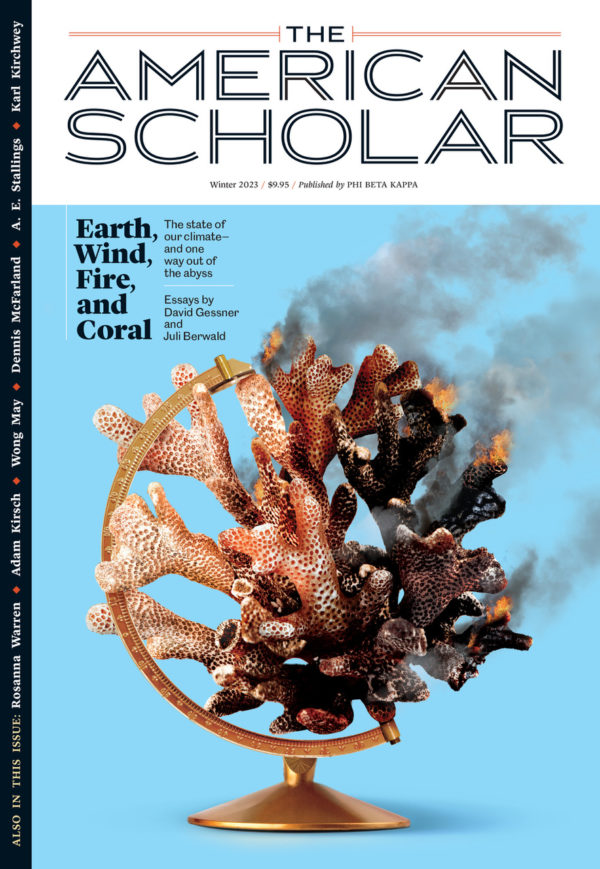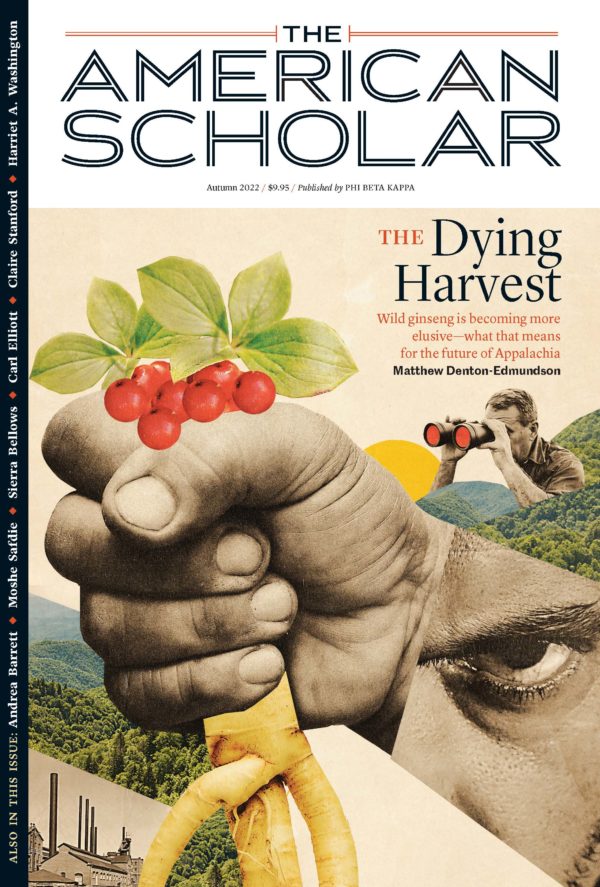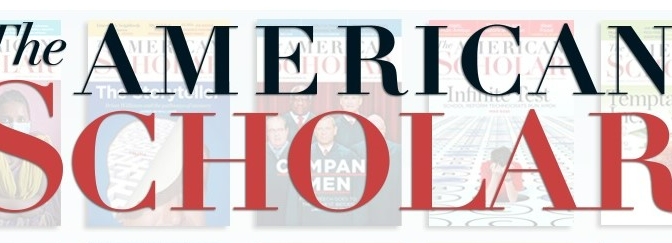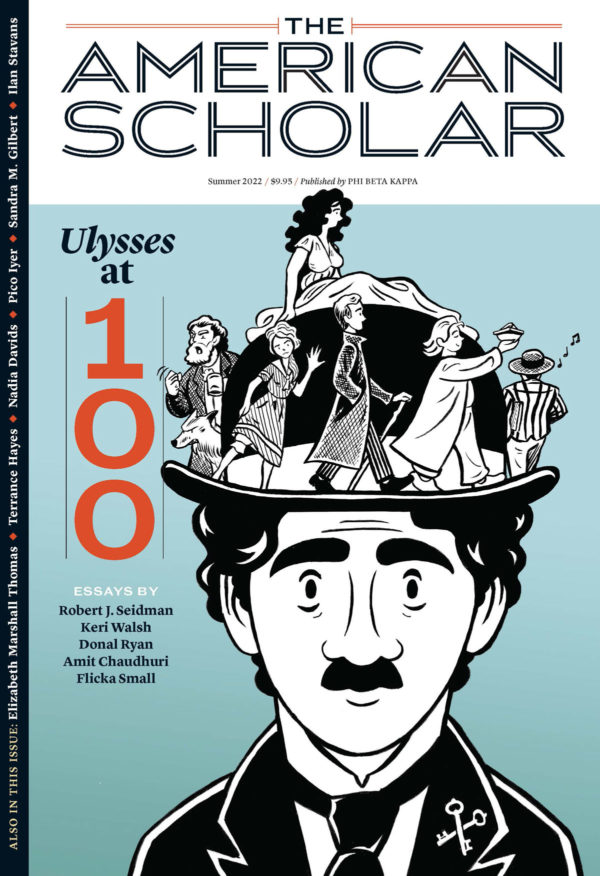
THE AMERICAN SCHOLAR – AUTUMN 2023:
Will the Real Vergil Please Stand Up?
Making sense of the life of a poet about whom we know so little
by Sarah Ruden
Great works of literature are sly and powerful beasts that pounce on their readers, grabbing them by the neck and shaking them back and forth. The young Augustine looks like a typical victim of Vergil’s Aeneid. The schoolboy being brought up as a Christian in fourth-century CE North Africa found the first-century BCE epic poem of pagan Rome the most impressive thing in his cultural life to date. Tellingly, his reaction shows no interest in the poem’s theme of individual sacrifice in the name of imperial destiny; rather, into middle age, the great theologian and founder of institutional Catholic monasticism remembered weeping for Dido, who commits suicide after her lover, Aeneas, abandons her at the end of Book IV.
A Room for the Ages
Oglethorpe University’s time capsule was meant to last thousands of years, but will it?
by Colin Dickey

